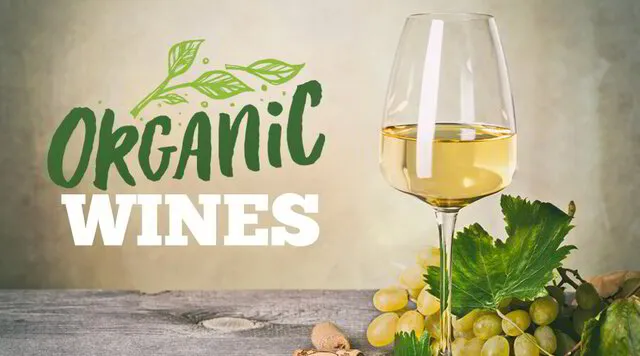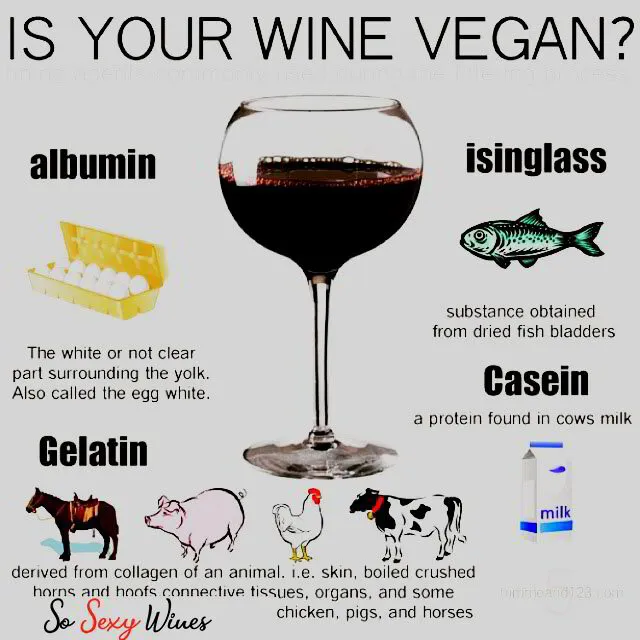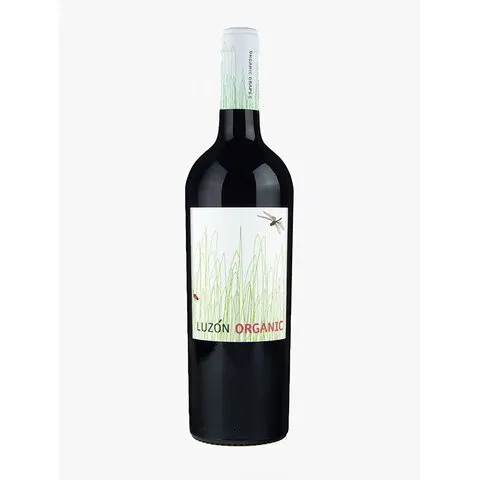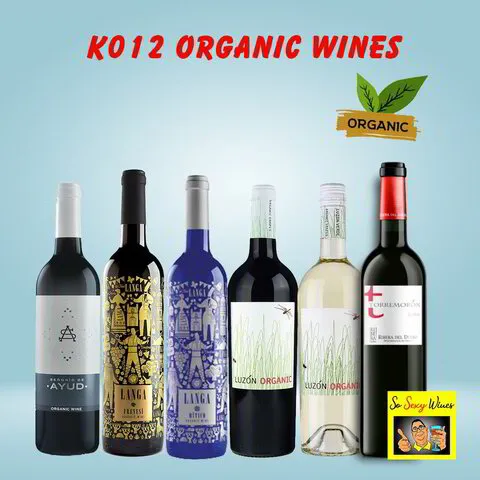オーガニックワイン: 何が真実で、何が真実でないか。
by アルフレド・デ・ラ・カーサ
約30年前に登場して以来、オーガニックワインは人気を集めており、多くのワイナリーが自社のワインをオーガニックと認定しており、品質目的のワインもあれば、商業目的のワインも多くあります。
しかし、「オーガニックワイン」という言葉には、単に真実ではない多くの誤解、誤解、信念も生まれます。知っておくべきことは次のとおりです。
1.- 有機とは、亜硫酸塩を含まないことを意味します。 偽!ワイナリーは、天然の代替品がない場合、および亜硫酸塩に代わる真の天然の代替品がない場合、有機ワインに化学物質を使用することが許可されているため、ボトルに別段の記載がない限り、有機ワインにはまだ亜硫酸塩が含まれています(亜硫酸塩が心配な場合は、私にラインをドロップしてください)。これは、オーガニックが通常亜硫酸塩を添加していないことを意味する米国では異なることに注意してください。
主にフランスの一部のワインメーカーは、保存剤として亜硫酸塩の代わりにレモンジュースを使用する実験を行いましたが、これまでのところ結果は良くありません。
2.-有機物とは化学薬品がないことを意味します。 部分的に誤りです。亜硫酸塩と同様に、天然の代替品がない場合、ワイン生産では化学物質が許可されています。しかし、亜硫酸塩以外に、ワイン造りに他の化学物質はほとんど必要ありません。これは、悪質なワイナリーがより良い香りと風味を得るために化学物質を追加するのを避けるために特に役立ちますが、チリのような国では規制はほとんどありません。
3.-オーガニックワインはビーガンです .偽。多くのオーガニックワインは、卵や動物性タンパク質などの動物性食品を使用して作られているため、ビーガンワインを探して確認してください。あなたはビーガンワインについてもっと読むことができます ここは .
4.-オーガニックワインはより健康的です。 真。ほとんどの化学物質が土壌とワイン製造プロセスから禁止されているため、有機ワインはより自然で、非有機ワインよりもはるかに少ない化学物質を含み、適度に体に優れています。
5.-有機ワインは無農薬です。 ほとんど真実です。ほとんど例外なく、化学農薬や除草剤は有機ブドウの生産に許可されておらず、天然の害虫駆除剤を使用する必要があり、これらの慣行は有機シールを授与する組織によって綿密に監視されています。
もう一つの利点は、有機ブドウ栽培の下では、すべての最高のものや病気を殺すためのすべての解決策を殺すことはできませんが、最初に害虫を特定し、その害虫だけを治療しなければならないということです。
6.-オーガニックワインは、非オーガニックワインよりも味が良い/悪いです。 偽。ワインの味は3つの要素から来ています:ブドウの品質と種類。ワイン造りのプロセス、そして熟成。匂いや味を変えるために化学物質を使用するワイナリーを除けば、有機ワインは、よく作られていれば、ほぼ同じ味がするはずです。オーガニックワイン作りの初めにはそうではありませんでしたが、それ以来多くのことが変わりました!
7.-バイオダイナミック農法はオーガニックと同じです。偽。 ほとんどのバイオダイナミック農法のワインは有機栽培の実践に従っていますが、それは同じではありません。近日公開予定のバイオダイナミックワインに関する記事については、このスペースをご覧ください。
オーガニックワインは、有機認証を受けたブドウのみを使用し、合成農薬、除草剤、殺菌剤、化学肥料を使用せずに栽培されています。2012年のヴィンテージ以降、新しいワイン造りの規制により、収穫からボトルまでの全プロセスが認証され、ボトルに「オーガニックワイン」という用語を表示することができます。
なぜオーガニックワインを飲むのですか?
メリットは数多くあります!まず、有機ブドウは健康的でバランスが取れており、もちろん素晴らしいワインの原料です。健康上の利点には、人工毒素、特に残留農薬の摂取が少なく、「ワイン防腐剤」である二酸化硫黄の摂取量が少ないことが含まれます。
「オーガニック」を飲むことで、よりクリーンな環境をサポートし、土壌と水を保護するのにも役立ちます。
また、環境中の化学物質が少なくなり、通常は地下水に送られ、農薬中毒によって多くの生産者が苦しむ多くの死亡者が減少します。
私について
私がワインを飲み始めたのは5歳のときで、家族の結婚式でいとこと一緒に残り物を飲んだときで、覚えていませんが、それ以来何度も思い出させられました。
私のワインへの情熱は、20代後半にイギリスでワインを学び、独学することを決め、ソムリエ兼ワイン教育者になりました。それ以来、金融業界での成功したキャリアを離れて、ワインを飲み、ワインを発見し、共有するという好きなことをするほど、それが私の情熱でした。
私は、権威ある国際的なグルマン賞の受賞者3人を含む多くの本の著者であり、かなりの数年前からいくつかの雑誌でワインコラムを書いています。
私は、試みて発見し、もう一度試み、再発見するのが好きで、共有するのが大好きです。
アルフレド・デ・ラ・カサ




